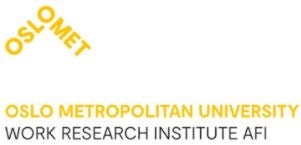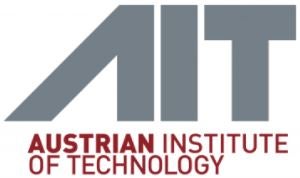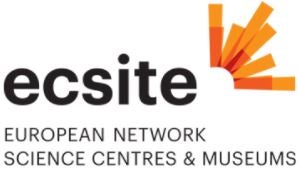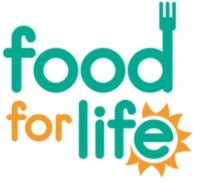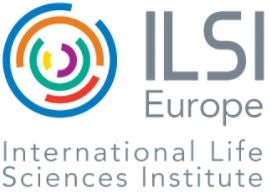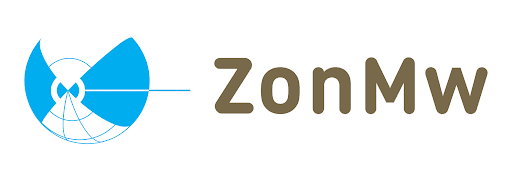To promote transitions to sustainable and healthy food systems, the European Commission launched the FOOD 2030 policy framework in 2015. Scientists at the Athena Institute of VU Amsterdam coordinated the FIT4FOOD2030 project within this program. Its main objective was to create a sustainable, multi-stakeholder platform to mobilise a wide variety of actors in the European food system. This has now been achieved with the FOOD 2030 platform.
Within the project 16 organisations across Europe worked together, including universities, research funders, industry, innovation platforms and science engagement organisations. In 25 different locations across Europe (at government and city level) so called ‘Labs’ where established, where local stakeholders were involved in creating common visions, policy innovations and educational modules on food systems related topics, such as food waste and sustainable agriculture. This has resulted in vibrant multi-stakeholder networks that are eager to continue working on food system transitions. In addition, the project developed policy recommendations for the European Commission in a series of high-level policy briefs.
More information about FIT4FOOD2030 can be found at the Athena Institute's project page.
